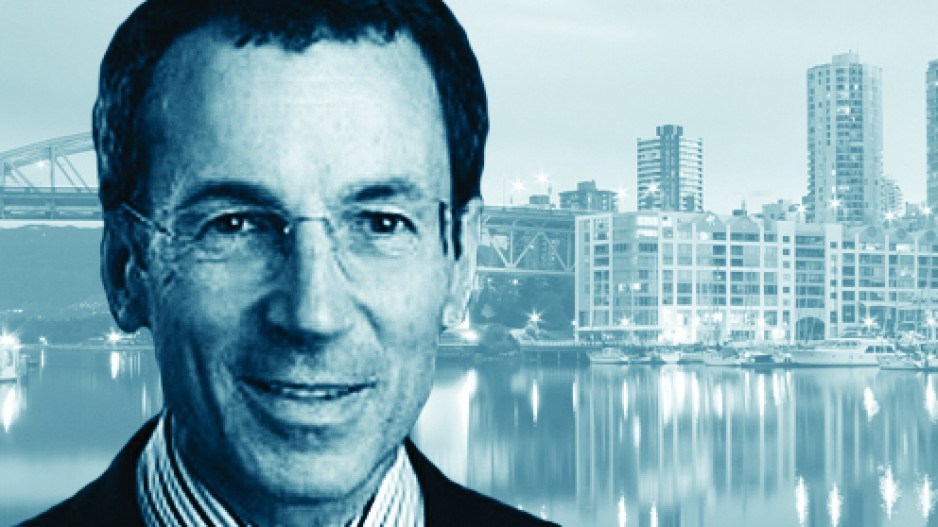Add them up, and potential turning points on public policy toward climate change are popping up like new forest fires.
The province is twitching over its policy inconsistencies, inviting B.C. residents to fill in a survey (deadline just passed) or send in a submission (before September 14) to help it reconcile a fossil-fuel-dependent future with raging forest fires, fumbling farmers, shrunken reservoirs, new pest proliferations and salmon cooking in overheated rivers.
Alberta is staring down low oil prices, 25,000 layoffs and a bleak fossil fuel future with a newly appointed expert panel that has until the end of the year to come up with the best ways to put a price on carbon, transition to more a sustainable electricity system, grow the renewable energy sector and increase energy efficiency across the province.
The biggest potential turning point, of course, is the federal election, where the prime minister continues to turn down his scientists and turn up the rhetoric.
When NDP candidate Linda McQuaig dared to say that 80% of oilsands reserves might have to stay in the ground (as would the world’s other oil reserves) to keep planetary warming below 2 C, the prime minister hammered her for being “against the development of our resources and our economy.” As though fossil fuels were our only resources and economic hope, and 90% of our oilsands assets weren’t stranded anyway because of the low price of oil.
Saudi Arabia is keeping it that way while it races ahead with renewable energy developments.
Speaking of turning off science, the former chief climate scientist for NASA, James Hansen, has just released a study, along with 16 prestigious co-authors, concluding that glaciers in Greenland and Antarctica will melt 10 times faster than previous estimates, resulting in sea-level rise of at least three metres in as little as 50 years. That prompted former B.C. cabinet minister John Les to reply on my Facebook site: “C’mon Peter. We’re all aware of Hansen’s previous inaccuracies. Now he comes out with this breathless piece of propaganda. Why do you buy this silly stuff? The climate agenda is ideological. BTW, ice at both poles is growing substantially.” Whew.
(Inaccuracies? In 1988 Hansen predicted that the Southeastern and Midwestern sections of the United States would be subject to frequent high temperatures and drought in the 1990s and beyond.)
Overshadowing all this is the December Paris summit on climate change, where Canada has been left behind by U.S. President Barack Obama’s new climate action plan that’s predicted to reduce emissions equivalent to taking 70% of all cars off American roads.
The B.C. government’s online discussion paper gets it: “Our economy will continue to transition through major shifts in technology adoption, energy use and economic structure. This will require a transformation of energy systems and a steep decline in carbon emissions in all sectors of the economy.”
It hits the ditch, however, when it reaffirms our commitment to liquefied natural gas: “LNG could reduce global emissions by replacing the use of coal in fast growing economies such as China and India.”
A 2011 study by Cornell University scientists found that when the higher methane emissions from fracked natural gas are taken into account, natural gas has a greater greenhouse gas impact than oil. And it displaces investments in truly renewable energy. Investing $5 billion on public transit, retrofits and renewable energy could create 34 times more jobs than spending the same amount on a pipeline, according to a 2012 Canadian Centre for Policy Alternatives study.
What B.C., Alberta and the federal government sorely lack is a clear vision of the economic benefits of a low-carbon future.
The consequences of climate change are likely going to be far worse than we think (sorry, John), but the opportunities to invest in a less catastrophic future are far greater than we think. We have to face up to both.
Peter Ladner ([email protected]) is a co-founder of Business in Vancouver. He is a former Vancouver city councillor and former fellow at the SFU Centre for Dialogue. He is the author of The Urban Food Revolution.




